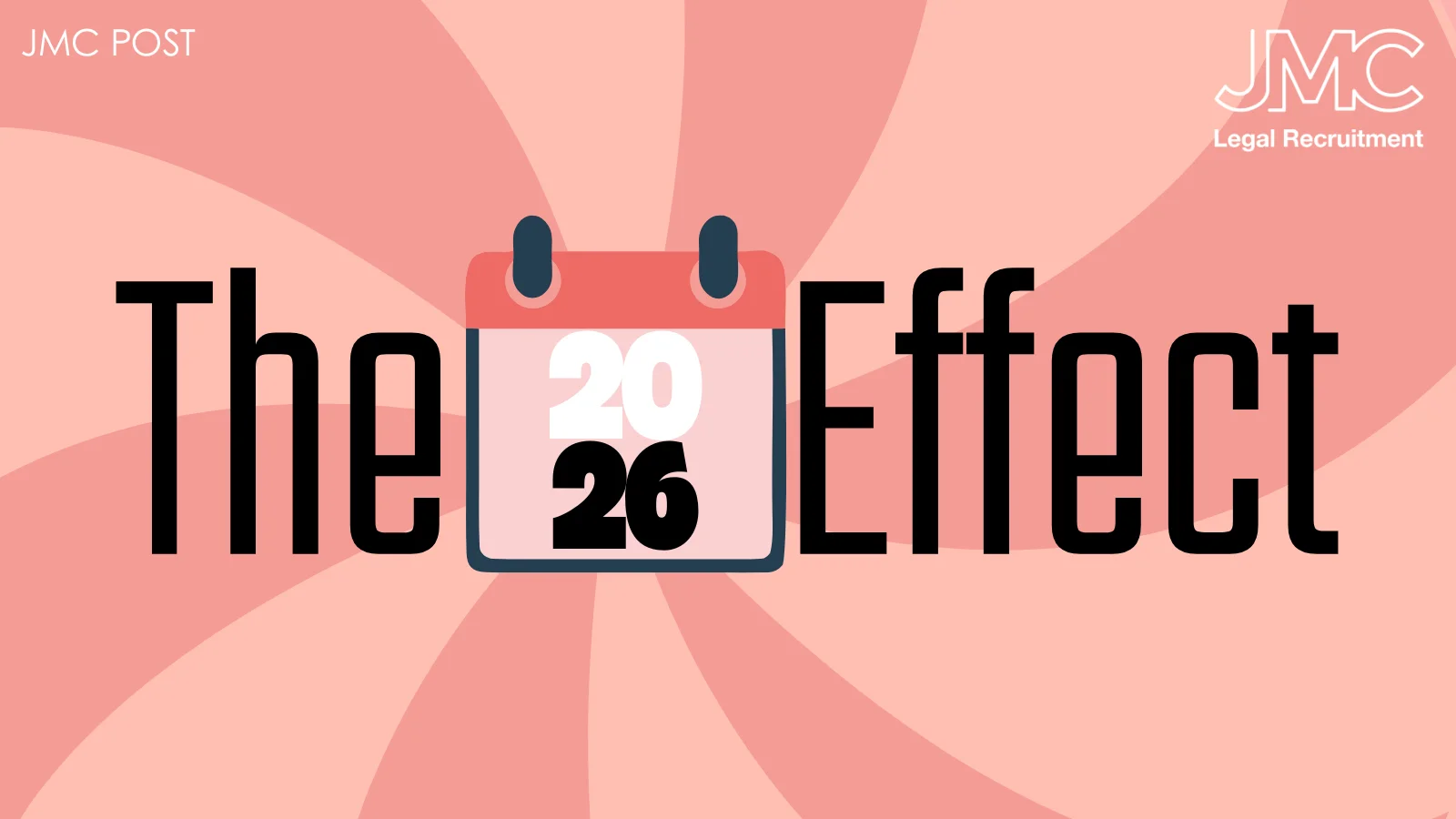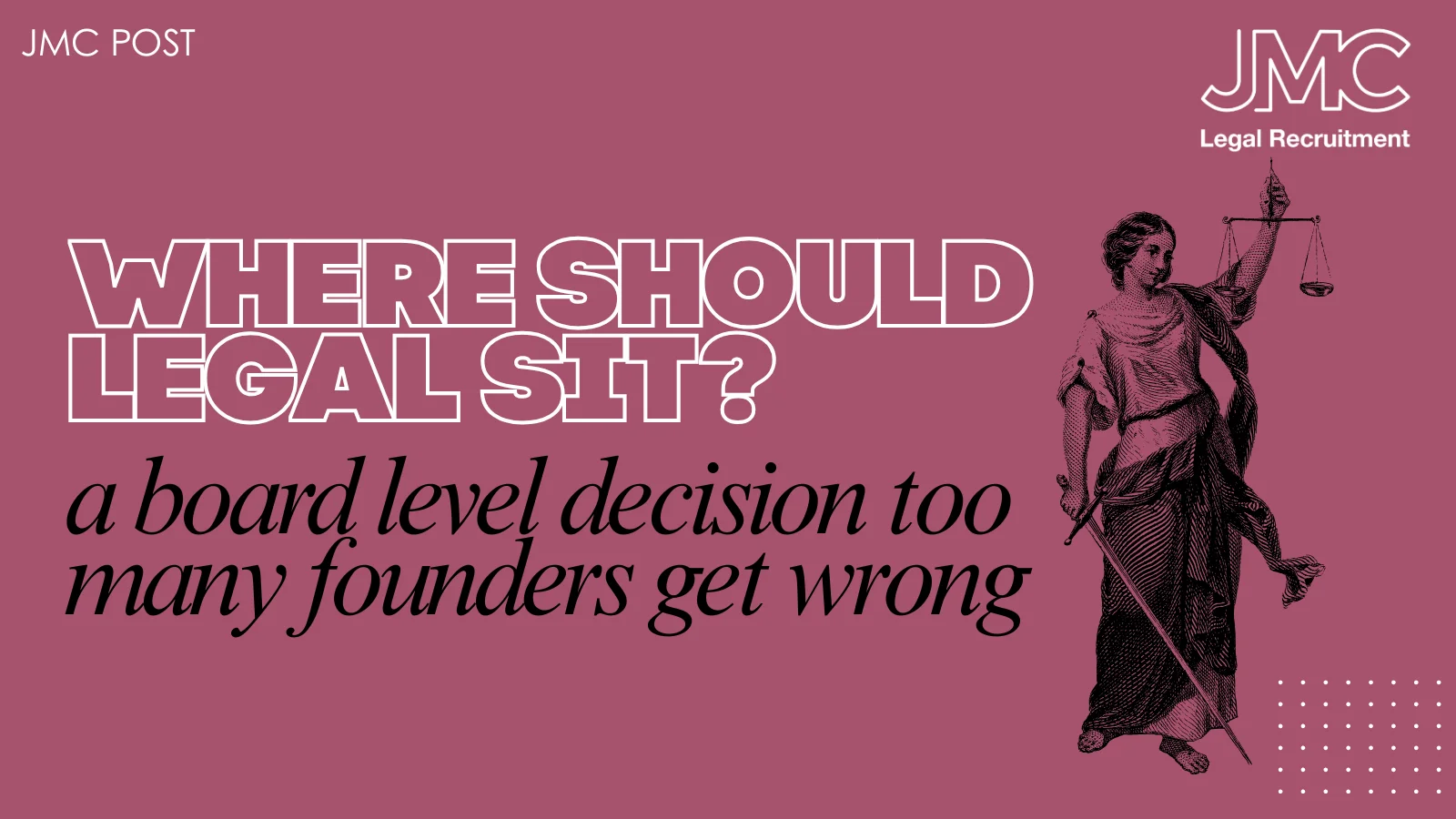
Tweet With Care
17 Apr, 20235 Mins
It’s your personal social media account, so you can say what you like, right?
Well, according to UK law, it’s not as straightforward as that. You have a right to express yourself, but there are limitations to this right where posts breach other laws.
There’s been a significant jump in the number of legal claims for defamation or libel because of social media posts. If you post, share or endorse something untrue, you risk being sued and forced to pay damages, legal costs, and make a public apology.
The stakes are also high if you’re an employee.
The recent media storm around Gary Lineker and the BBC highlights the need for employers to have a clear social media policy, and employees to know how to follow it.
Most social media policies say you can’t bring your employer into disrepute or violate any hate speech laws. You may find there are rules over sensitive information, discrimination, or content deemed to affect the company negatively. Almost all company social media policies ask employers to clarify that opinions are their own and not the company’s.
The consequence could be disciplinary action, being fired or even legal action if they have suffered serious financial loss because of your social media post.
So, you have a right to express yourself, but there are limitations to this right where it breaches other laws. And if you’re an employee, remember that everything you post on the Internet is in the public sphere, so make sure you’d be happy with a current or prospective employer seeing.
Do you think enough people know the legal risks around social media posts?



